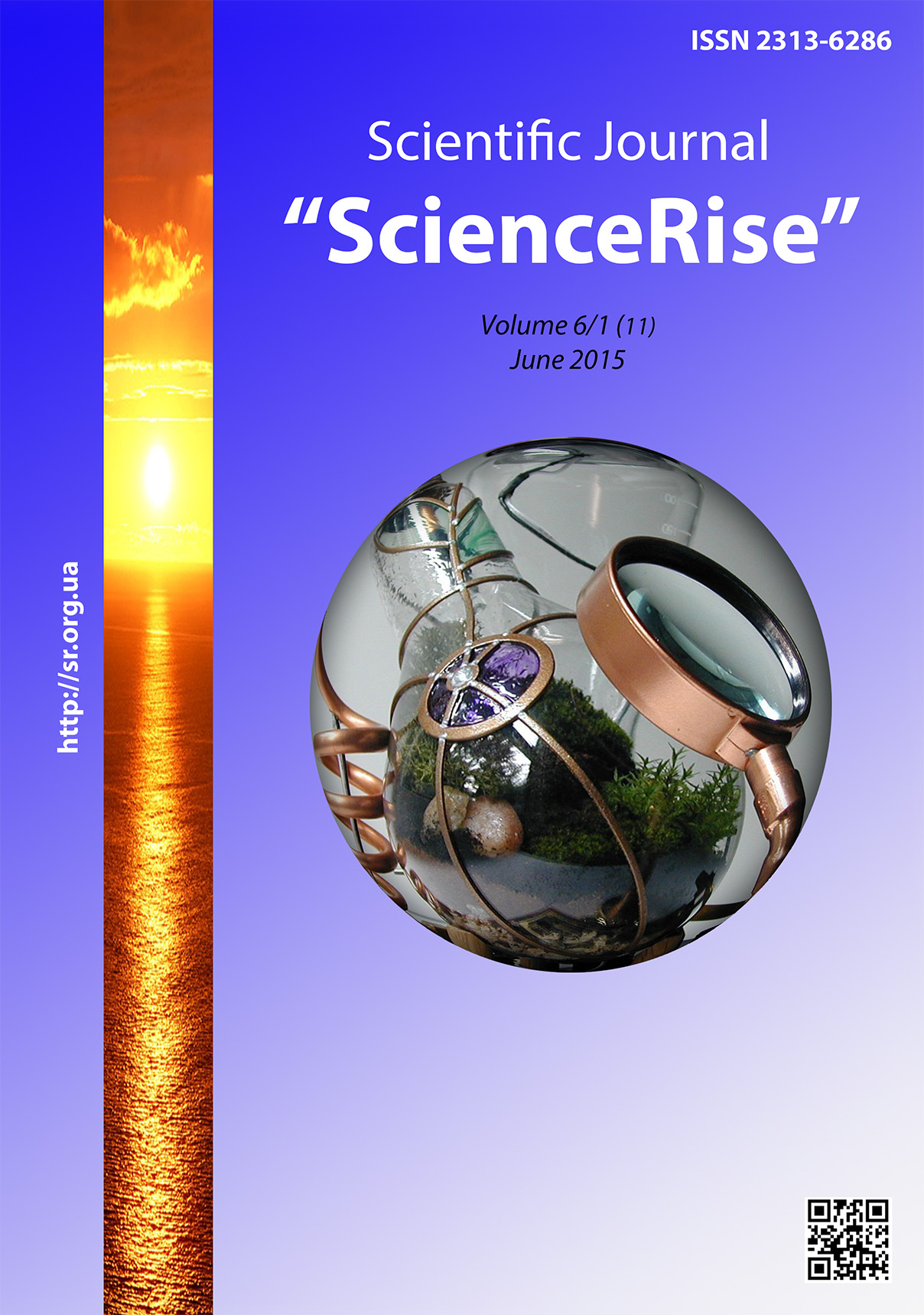Рівні уживання та розуміння фразеологізмів в мовленні майбутніх вихователів дошкільних навчальних закладів
DOI :
https://doi.org/10.15587/2313-8416.2015.44172Mots-clés :
увиразнення мовлення, майбутні вихователі, фразеологізми, когнітивно-збагачувальний критерій, дошкільний навчальний закладRésumé
У статті подано вправи для перевірки рівнів виразного мовлення майбутніх вихователів за когнітивно-збагачувальним критерієм. Автором подано вправи для з’ясування рівнів розуміння і вживання в мовленні фразеологізмів. У статті показано позитивну динаміку підвищення рівнів розуміння фразеологізмів та рівнів уживання фразеологізмів в мовленні майбутніх вихователів на констатувальному та прикінцевому етапах експерименту
Références
Markotenko, T. S. (2011). Uvyraznennia movlennia maibutnikh vykhovateliv doshkilnykh navchalnykh zakladiv sotsialno-obriadovymy frazeolohizmamy. Odesa, 20.
Prokopenko, L. I. (2005). Uvyraznennia movlennia maibutnikh uchyteliv istorii profesiino-oriientovanymy frazeolohizmamy. Odesa, 20.
Kalmykova, L., Mysan, I. (2014). Psyxolingvistychni aspekty frazeologiyi yak teoretyko-metodologichni zasady zbagachennya movlennya ditej ekspresyvno-stylistychnymy zasobamy movy. East European Journal of Psycholinguistics, 1, 66–74.
Mysan, I. V. (2012). Frazeologizmy u formuvanni vyraznosti j nacionalnogo kolorytu movlennya. Teoretyko-metodychni zasady peredshkilnoyi osvity v suchasnomu osvitnomu prostori. Mykolayiv: Vyd-vo «Ilion», 90–92.
Mysan, I. V. (2013). Psyxolingvistychnyj ta lingvodydaktychnyj aspekty frazeologiyi. Visnyk Luganskogo nacionalnogo universytetu imeni Tarasa Shevchenka. Pedagogichni nauky, 13 (272), III, 275–282.
Rudenko, Yu. A. (2015). Texnologyya razvytyya virazytelnosty rechy budushhyx vospytatelej doshkolnix uchebnix uchrezhdenyj (po materyalam formyruyushhego eksperymenta). Koncept, 04. Available at: http://e-koncept.ru/2015/15128.htm
Téléchargements
Publié-e
Numéro
Rubrique
Licence
(c) Tous droits réservés Юлія Анатоліївна Руденко 2015

Cette œuvre est sous licence Creative Commons Attribution 4.0 International.
Our journal abides by the Creative Commons CC BY copyright rights and permissions for open access journals.
Authors, who are published in this journal, agree to the following conditions:
1. The authors reserve the right to authorship of the work and pass the first publication right of this work to the journal under the terms of a Creative Commons CC BY, which allows others to freely distribute the published research with the obligatory reference to the authors of the original work and the first publication of the work in this journal.
2. The authors have the right to conclude separate supplement agreements that relate to non-exclusive work distribution in the form in which it has been published by the journal (for example, to upload the work to the online storage of the journal or publish it as part of a monograph), provided that the reference to the first publication of the work in this journal is included.

